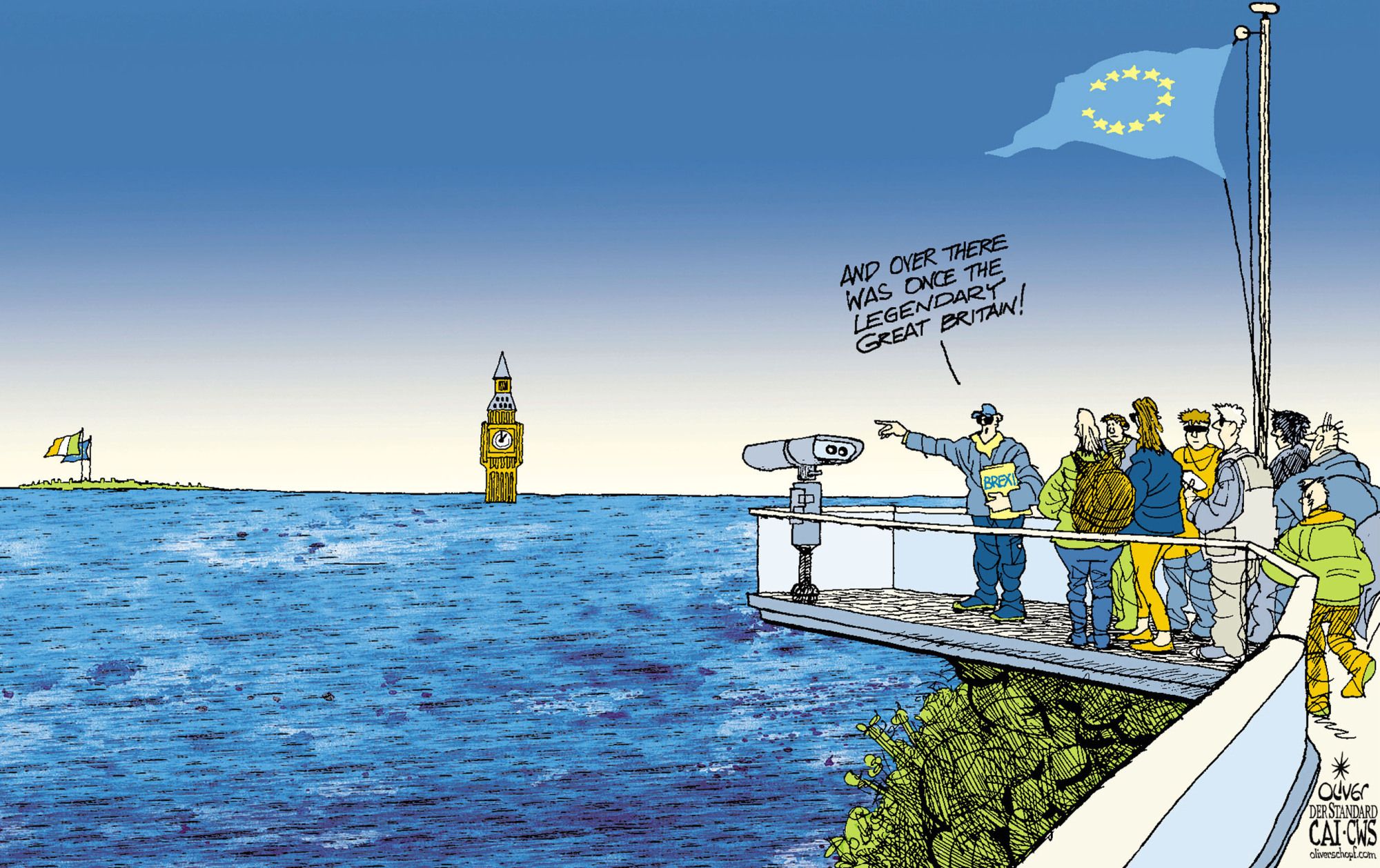The United Kingdom left the European Union at the end of January. Given that 2020 is a transition period, however, Britain for now will only cease to be involved in the EU's decision-making process. No immediate economic changes will happen — it will remain in the EU's customs union and single market until the end of this year.
The question is what will happen in and after 2021. British Prime Minister Boris Johnson asserts that he will sign a free trade agreement with the EU by the end of this year and will not extend the transition period through 2022 as allowed under an agreement with the EU. This means that if the FTA is not concluded by the end of December, Britain and the EU will impose regular tariffs beginning next year on goods imported from each other.
An U.K.-EU FTA will eliminate tariffs on automobiles, but a 10 percent tariff will be imposed in the absence of a free trade deal. If an auto plant in Britain imports parts and components (such as steel and electronic devices) worth 50 percent of the finished products from the EU and then ships the vehicles to the continent, a 10 percent tariff on vehicle parts will push up the manufacturing cost by 5 percent. The 10 percent duties on vehicle imports to the EU will effectively raise the tariffs to 15.5 percent.


















With your current subscription plan you can comment on stories. However, before writing your first comment, please create a display name in the Profile section of your subscriber account page.